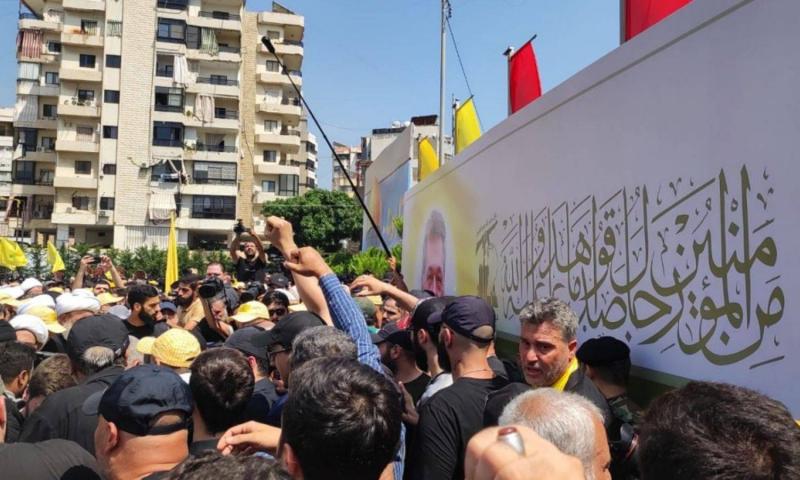Cyprus, positioned uniquely by geography, is the closest "European" land to Lebanon and Syria, and in a way, it is considered part of the Arab Mediterranean world, or more precisely, "Sham." This is the fate of the third largest island in the Mediterranean Sea, also sometimes referred to in history as the Sea of the Romans. Cyprus has a special relationship with Lebanon and Israel; many Lebanese fled to Cyprus from the hell of war, or rather, the successive wars. Israel conducts its military maneuvers and intelligence operations there, and the island houses British and other Western bases.
Lebanon's "Hezbollah" also has its own activities and operations in Cyprus, with cells planted on the island. Therefore, the Cypriot government launched surveillance and tracking operations for these cells some time ago, conducting a comprehensive survey of all residents of Lebanese and Syrian nationality. Although the party can circumvent this, in 2013, a Cypriot court convicted a person of working for "Hezbollah," who was a Lebanese national raised in a town in northwestern Gothenburg, Sweden, and held Swedish citizenship. He was accused of planning to attack Israeli interests on behalf of "Hezbollah."
Today, the leader of the Lebanese "Hezbollah" issues his war threats against Cyprus, which responds by stating it is not involved in the war, and importantly, reminding that it is not alone; it is part of the European Union, which publicly warns that it stands with Cyprus wholeheartedly. So, what now?! Where is the Lebanese state?! The anxiety among Lebanese connected to this island has been amplified by reports of Cyprus halting the issuance of visas to Lebanese individuals through its embassy in Lebanon, in light of the threats made by Nasrallah. Meanwhile, the Lebanese Foreign Ministry issued a brief official statement praising "the Lebanese-Cypriot relations based on a rich history of diplomatic cooperation."
Once again, this dangerous development reveals the catastrophe of the loss of state in Lebanon, one of the most prominent manifestations of which is the monopolization of the decision for war and peace. If the Lebanese Prime Minister or the Minister of Foreign Affairs or the Minister of Defense or even the prospective President had announced the military warning against Cyprus and then followed it up with the leader of the "Hezbollah" statelet, it might have garnered half the surprise; because even in that case, the militia would still share with the state a semblance of its sovereignty. However, the dismal reality shows that even this minuscule sovereignty has been withheld from the state structure by the party and the militia. The matter is settled when Taim is absent / and they do not ask for permission while they are witnesses!




